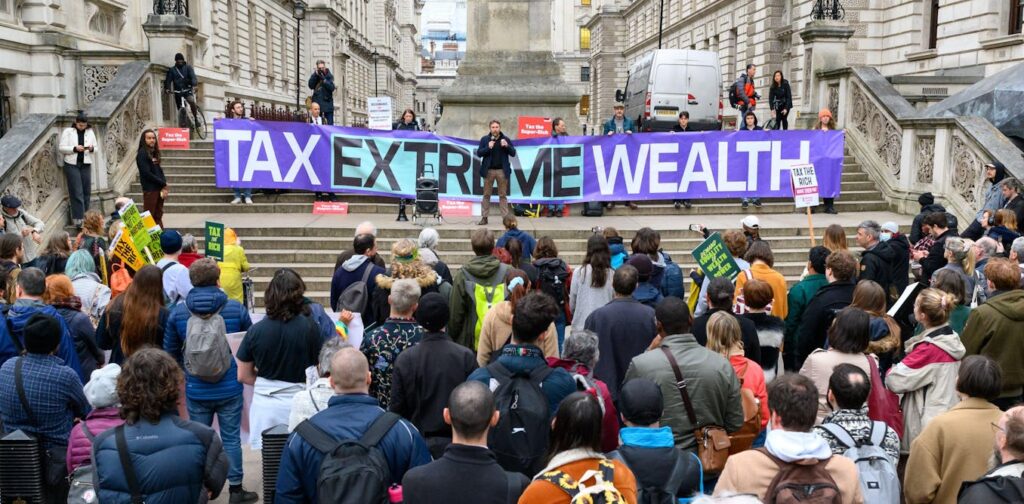
When the complete diaries of Conservative MP Sir Henry “Chips” Channon were published in 2021, they offered a candid glimpse into the life of an aristocrat in mid-20th century Britain. Channon, known for his social climbing and controversial political stances, notably his appeasement of Nazi Germany, lived a life steeped in luxury. His marriage into the Guinness family brought him immense wealth, which he flaunted through extravagant purchases and lavish gatherings.
However, as Britain prepared for war in the late 1930s, the government, led by a Conservative coalition, raised taxes to fund rearmament. Channon’s writings from this period reveal a pragmatic acceptance of the increased financial burden. He noted the significant rise in income tax and other duties, which forced him to adjust his lifestyle. His estate, Kelvedon Hall, was even converted into a military hospital during World War II, reflecting a broader trend of selling off landed estates in Britain.
Parallels with Modern Times
Today, Britain faces economic challenges that bear striking similarities to those of the 1930s. Authoritarian regimes are on the rise globally, and public spending is under immense pressure due to volatile economic conditions. However, unlike the pre-war era, proposals to increase taxes on high incomes and wealth now encounter significant resistance from certain societal sectors and media outlets.
The Labour government’s recent adjustments to inheritance tax, aimed at aligning farm property with other assets, sparked street protests. Similarly, reforms ending tax exemptions for “non-domiciled” UK residents led to claims, often unsubstantiated, that the super-rich would flee the UK.
Changing Dynamics of Wealth
Historically, the distribution of wealth in the UK has shifted dramatically. In Channon’s time, the top 1% held 50% of the nation’s wealth. Today, that figure has dropped to around 20%, with the top 10% owning just under 60%. While this suggests a more equitable distribution, the reality is more complex.
Many economists, including contributors to the Institute for Fiscal Studies’ Deaton Review, argue that the accumulation of private wealth is a troubling trend. Instead of being invested for the public good, this wealth has largely been sequestered into private hands, exacerbating societal inequalities.
“The UK’s wealth has tripled since the 1970s, yet half of UK families have no net wealth at all, with debts outweighing assets for 40% of households.”
The Cultural Politics of Wealth
The reluctance to tax wealth is a departure from historical norms. In the past, societies viewed resource redistribution as reasonable. Wealth derived from factories and businesses was seen as a social product, and those who owned it were expected to take social responsibility for their workers.
This perspective was not limited to the left. Even conservative figures like Victorian critic John Ruskin advocated for wealth to serve a public purpose, famously stating, “there is no wealth but life.”
The Rise of ‘Ordinary’ Wealth
By the 21st century, wealth was no longer the exclusive domain of the elite. Policies under Prime Minister Margaret Thatcher promoted mass ownership of wealth assets, such as home ownership. However, this shift came at a cost, with public wealth being stripped back through privatisation and reduced welfare benefits.
Today, the cultural appeal of private wealth is strong, seen as a product of personal endeavour. Yet, the Thatcherite model of wealth democratisation is unsustainable, as it lacks a viable method for establishing social reciprocity norms.
The Wealth ‘Timebomb’
Despite a more widespread distribution of wealth, inequality remains stark. The Resolution Foundation reports that wealth gains have disproportionately benefited older, asset-rich households, leaving younger generations at a disadvantage.
“53% of the increase in UK household wealth between 2010-22 was due to passive asset price inflation, not active investment.”
This trend contributes to economic stagnation and exacerbates intergenerational inequality. The prospects of young adults acquiring wealth increasingly depend on their parents’ financial status, reinforcing class divides.
Rethinking Taxation Policies
As Chancellor Rachel Reeves prepares her budget, the debate over wealth taxation intensifies. There are compelling reasons to tax wealth more heavily, given that much private income stems from capital returns. Yet, capital gains are taxed at lower rates than income, highlighting inconsistencies in the tax system.
Reforming property and pension taxation could address these disparities. The Wealth Tax Commission suggests that a wealth tax could raise significant public funds without alienating those with modest wealth holdings.
“Setting a threshold at £500,000 per year could raise £260 billion, charged at 1% per year for five years.”
Ultimately, the debate over wealth taxation is not just economic but cultural. It challenges the notion that private wealth should be free from social obligations, a view even Channon did not fully endorse.
The UK must revive the cultural politics of common wealth to address these challenges. As history shows, wealth can and should play a role in building a better society for all.






